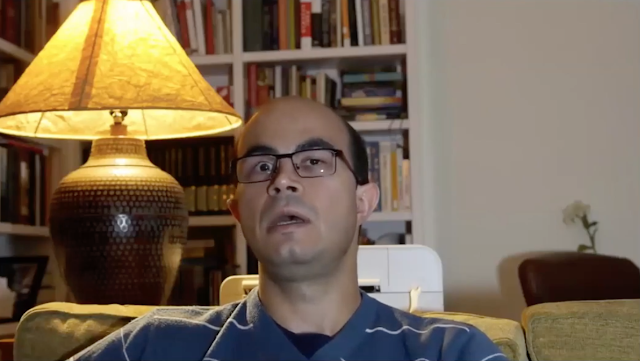The Rape of Nanking Reflection
*This article contains graphic descriptions of violence.
This book made me reflect on what I had previously learned about the tragedy that occurred in Nanjing, China in 1937.
This book made me reflect on what I had previously learned about the tragedy that occurred in Nanjing, China in 1937.
I had never heard the event described as The Rape of Nanking before I read this book. In my family, it was always referred to as the "Nanjing Massacre."* The "Rape of Nanking" did better to describe the brutality of the event, which I had heard about growing up.
Both my parents are Chinese, from Anhui province. My mother never spoke much to me about the event itself, but she told me when I was younger about how gory and brutal it was. She and my father didn't live through the tragedy, but their older relatives escaped, and my mother described to me how they saw horrible sights, such as organs and viscera scattered across their escape route. As I got older, I would visit the Nanjing Massacre Memorial Hall in China and learned the extent to which Japanese soldiers killed and tortured innocent civilians. The Rape of Nanking only supplemented these facts with deep historical basis and vivid anecdotes of both tragedy and strength in the face of a brutal adversary.
The Rape of Nanking started when Japanese soldiers captured Nanjing. Japanese soldiers deliberately led Nanjing residents to believe that they would protect them, provide them with work, and feed them. Instead, they murdered and tortured people in completely unnecessary, twisted ways. Survivors report the systematic killing of civilians, who were rounded up, shot, and unceremoniously buried in mass graves. Japanese soldiers forced those lined up to dig graves for dead Chinese and executed them, ordering the next group to do the same and continuing a line of continuous killing. Also, Japanese soldiers decapitated and dismembered civilians for fun. There was a "killing contest" among two soldiers in particular where each murdered upwards of 100 Chinese each. Chinese were killed by mass incineration, medical experimentation (resembling the human experimentation that occurred during the Holocaust), "death by ice," where soldiers would order victims to plunge into frozen lakes and riddle them with bullets, and if not, bombard them with hand grenades. Worse were the widespread rapes of women, which not only caused mass impregnation of women and subsequent unbearable emotional burden, but also were usually followed by the death of said women.
The Rape of Nanking as an event was one forgotten by most of the world until Iris Chang published her book with the same name. She brought attention to an event that ended up killing hundreds of thousands of Nanjing's population and displacing a large portion of its citizens. Some estimates even determine that the total death count of the Rape of Nanking exceeds the combined death count in both Hiroshima and Nagasaki as a result of the US's use of atomic bombs in World War II. Yet, much of the Western world lacks understanding or even awareness of this event because of economic reasons: Chairman Mao, in order to retain relations with Japan, brought little attention to the massacre. Iris Chang calls it the "Forgotten Holocaust of World War II." Japan also to this day is largely ignorant or worse, some Japanese officials have denied that the massacre happened in the first place. Chang highlights this point because it distinguishes the Rape of Nanking from the Holocaust: while Germany has accepted responsibility for the Holocaust, Japanese officials have downplayed or even refuted the existence of the Rape of Nanking. Additionally, many who participated in the massacre likely roam free now because their status in Japanese society protected them from being punished.
The Rape of Nanking is a truly influential book in cementing the common history of many Chinese second-generation immigrants like I am and provides a wealth of anecdotal information on previously unknown survivors and atrocities. For my relatives, Iris Chang's parents, and all those involved, such an event is not easily forgotten. Iris Chang's efforts in documenting the darkest acts humanity has committed will not be forgotten and as the generation that experienced this dwindles in number, her book has immortalized their stories.
Side-note:
*(Nanjing can be romanized differently, with Wade-Giles or with pinyin, which I will be applying here.)


Comments
Post a Comment